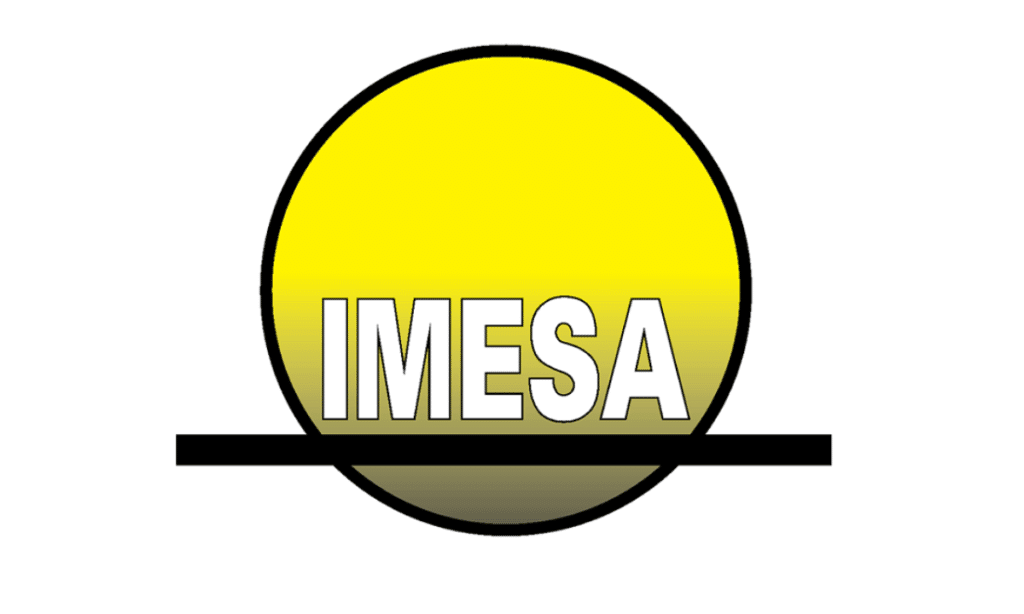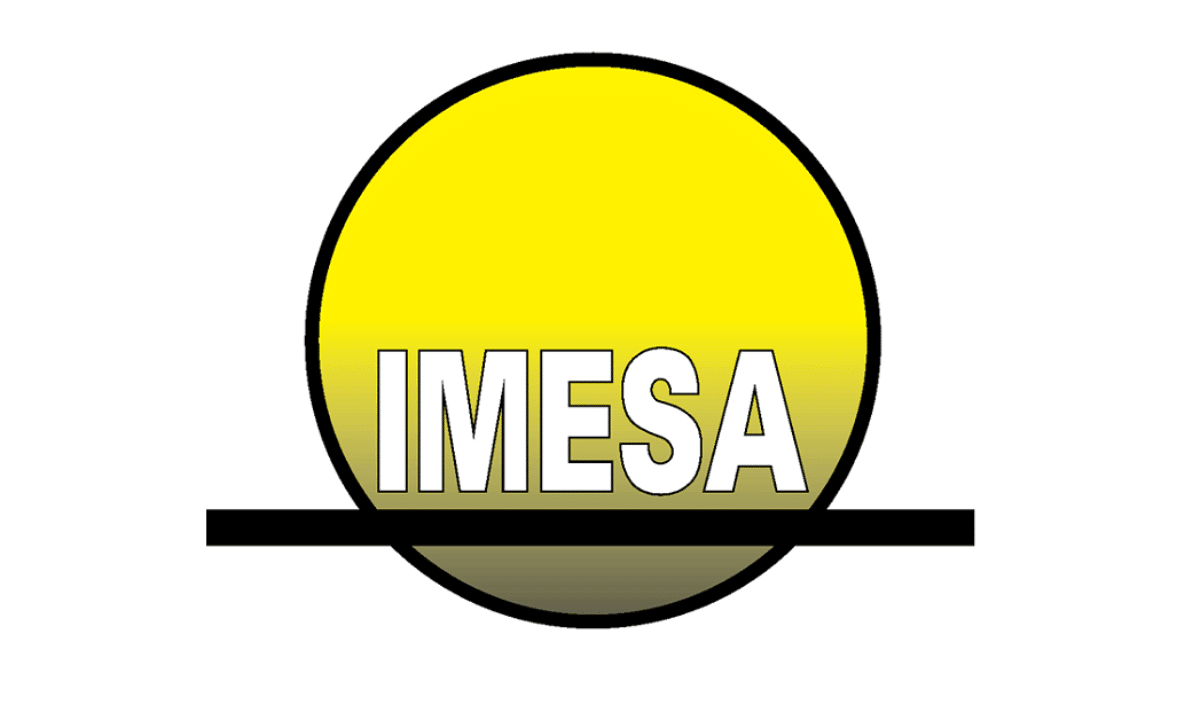The Institute of Municipal Engineering of Southern Africa (IMESA) stands as a beacon of support for aspiring civil engineers in South Africa.
Through its comprehensive bursary program, IMESA not only provides financial assistance but also fosters the development of the next generation of engineering professionals.
This article delves deep into the intricacies of the IMESA Bursary Scheme, offering a thorough exploration of its eligibility criteria, benefits, application process, and the broader impact on the engineering landscape in Southern Africa.

Key Takeaways
- IMESA offers bursaries for civil engineering students in two categories: open application (Category A) and IMESA member dependents (Category B).
- The bursary covers up to R50,000 per year for tuition fees and prescribed textbooks.
- Applications typically open in June and close in September each year.
- Bursary recipients receive financial support and are assigned a mentor for professional development.
- The program aims to address skills shortages in municipal engineering and promote innovation in the field.
- Eligibility criteria include South African citizenship or permanent residency, pursuit of civil engineering studies, and demonstrated academic excellence.
- The application process involves submitting academic transcripts, proof of registration, a motivation letter, and other required documents.
- IMESA bursaries contribute to enhancing diversity in the engineering field and supporting sustainable urban development.
- Successful applicants are typically notified by early January for bursaries commencing at the start of the academic year.
- The impact of the IMESA Bursary Scheme extends beyond individual support, contributing to the broader development of South African infrastructure and the engineering profession.
Understanding IMESA
Before we dive into the specifics of the bursary program, it’s crucial to understand the organization behind it. IMESA, established in 1961, is a voluntary association of engineering professionals and practitioners. Its primary mission is to promote excellence in municipal engineering through continuous professional development, knowledge sharing, and advocacy for sustainable infrastructure development.
IMESA’s Role in South African Engineering
IMESA plays a pivotal role in:
- Professional Development: Offering workshops, conferences, and training programs.
- Networking: Facilitating connections between engineering professionals across Southern Africa.
- Advocacy: Representing the interests of municipal engineers to government bodies and other stakeholders.
- Research: Supporting and disseminating research relevant to municipal engineering.
It’s within this context of professional excellence and development that the IMESA Bursary Scheme was born.
The IMESA Bursary Scheme: A Detailed Overview
The IMESA Bursary Scheme is designed to address the critical need for skilled civil engineers in South Africa while also supporting the academic aspirations of promising students. Let’s break down the key components of this program.
Eligibility Criteria
IMESA has structured its bursary scheme to cater to two distinct categories of applicants, ensuring a broad reach while also recognizing the loyalty of its long-standing members.
Category A: Open Application
This category is designed to cast a wide net, attracting talented individuals from across South Africa who are passionate about civil engineering.
Eligibility Requirements:
- Open to all South African citizens or permanent residents
- Pursuing or intending to pursue studies in civil engineering or a related engineering discipline
- Demonstrated academic excellence (typically a minimum average of 60% in relevant subjects)
- Financial need (assessed based on household income and other factors)
Category B: IMESA Member Dependents
This category acknowledges the commitment of IMESA members by offering additional support to their families.
Eligibility Requirements:
- Dependent of an IMESA member with at least five years of active membership
- Pursuing or intending to pursue studies in civil engineering or a related field
- Demonstrated academic potential (may have slightly more flexible academic requirements compared to Category A)
- Financial need (assessed, but may be weighted differently than in Category A)
Benefits of the IMESA Bursary
The IMESA Bursary Scheme offers a comprehensive package of benefits designed to support students both financially and professionally.
Financial Support
- Tuition Coverage: Up to R50,000 per academic year towards tuition fees
- Textbook Allowance: Covers the cost of prescribed textbooks within the R50,000 annual limit
- Direct Payment: Funds are paid directly to the educational institution, ensuring proper allocation of resources
Professional Development
- Mentorship Program: Each bursary recipient is assigned an experienced IMESA member as a mentor
- Networking Opportunities: Access to IMESA events, conferences, and workshops
- Potential Internship Placements: While not guaranteed, IMESA may facilitate internship opportunities with member organizations
Additional Benefits
- Recognition: Bursary recipients are often highlighted in IMESA publications, enhancing their professional profile
- Continuous Support: Possibility of bursary renewal for subsequent years, subject to academic performance and continued eligibility
The Application Process
Securing an IMESA bursary requires careful planning and attention to detail. Here’s a step-by-step guide to the application process:
- Preparation Phase (April-May):
- Research IMESA and understand its values and mission
- Gather necessary documents (academic transcripts, ID, proof of registration/acceptance to a civil engineering program)
- Begin drafting your motivation letter
- Application Window (June-September):
- Visit the IMESA website to access the online application portal
- Complete all sections of the application form accurately
- Upload required documents, including:
- Academic transcripts
- Proof of registration or acceptance letter from a recognized tertiary institution
- Certified copy of ID or passport
- Motivation letter
- For Category B: Proof of parent/guardian’s IMESA membership
- Review and Submission (Before September deadline):
- Carefully review all entered information
- Ensure all documents are clear and legible
- Submit the application before the specified deadline (typically in late September)
- Post-Submission (October-December):
- You may be contacted for additional information or clarification
- Shortlisted candidates might be invited for interviews (in-person or virtual)
- Outcome Notification (December-January):
- Successful applicants are typically notified by early January
- Unsuccessful applicants are encouraged to seek feedback for future applications
Key Dates to Remember
| Event | Typical Timeline |
|---|---|
| Application Opening | Early June |
| Application Deadline | Late September |
| Shortlisting Process | October-November |
| Final Selection | December |
| Outcome Notification | Early January |
| Bursary Commencement | Start of Academic Year (January/February) |
Maximizing Your IMESA Bursary Application
To stand out in a competitive applicant pool, consider the following strategies:
- Academic Excellence: Maintain consistently high grades, particularly in math, science, and engineering-related subjects.
- Extracurricular Involvement: Participate in engineering clubs, science fairs, or community projects related to infrastructure development.
- Research IMESA: Demonstrate your understanding of IMESA’s mission and how it aligns with your career goals in your motivation letter.
- Clear Career Vision: Articulate your long-term goals in municipal engineering and how the bursary will help you achieve them.
- Professional Presentation: Ensure all application materials are well-written, free of errors, and professionally formatted.
- Community Engagement: Highlight any volunteer work or community service, especially if related to local infrastructure or development projects.
The Impact of IMESA Bursaries on South African Engineering
The IMESA Bursary Scheme extends far beyond individual financial support. Its impact ripples through the entire engineering sector and, by extension, the development of South African infrastructure.
Addressing Skills Shortages
South Africa, like many developing countries, faces a critical shortage of skilled engineers, particularly in the municipal sector. The IMESA bursary program directly addresses this by:
- Increasing the number of qualified civil engineers entering the workforce
- Encouraging specialization in municipal engineering
- Retaining talent within South Africa by providing local opportunities and support
Promoting Innovation and Sustainable Development
By supporting students with a passion for civil engineering, IMESA indirectly fosters innovation in the field. Bursary recipients, armed with the latest knowledge and mentored by industry experts, are well-positioned to:
- Introduce new technologies and methodologies to municipal engineering projects
- Contribute to sustainable urban development initiatives
- Address unique challenges faced by Southern African municipalities
Enhancing Diversity in Engineering
The open nature of the Category A bursaries, combined with the focus on financial need, helps to diversify the engineering field by:
- Providing opportunities to students from underrepresented backgrounds
- Encouraging more women to enter the traditionally male-dominated field of civil engineering
- Supporting students from rural or underprivileged areas who might otherwise lack access to such educational opportunities
Conclusion
The IMESA Bursary Scheme stands as a testament to the organization’s commitment to nurturing the next generation of civil engineers in South Africa. By providing not just financial support but also mentorship and professional development opportunities, IMESA is investing in the future of municipal engineering and, by extension, the sustainable development of Southern African communities.
For aspiring civil engineers, the IMESA bursary offers more than just financial aid; it provides a gateway to a network of professionals, access to industry insights, and a springboard for a successful career in municipal engineering. As South Africa continues to face infrastructure challenges and rapid urbanization, the role of well-trained, innovative civil engineers becomes increasingly crucial. Through its bursary program, IMESA is playing a vital part in shaping the future of South African cities and towns.
Aspiring engineers and students passionate about making a tangible difference in their communities should view the IMESA Bursary Scheme not just as a funding opportunity, but as a first step towards a rewarding career in an field that is essential to the development and sustainability of modern society.
FAQ
Q1: Can international students apply for the IMESA bursary?
A1: The IMESA bursary is primarily aimed at South African citizens or permanent residents. International students are generally not eligible, but it’s always best to check the latest criteria on the IMESA website for any updates or exceptions.
Q2: What happens if I change my course of study after receiving the bursary?
A2: The IMESA bursary is specifically for civil engineering or closely related fields. If you change to an unrelated field, you may lose the bursary. Always communicate with IMESA if you’re considering changing your course to understand the implications.
Q3: Is there a work-back agreement associated with the IMESA bursary?
A3: While IMESA encourages bursary recipients to contribute to the municipal engineering sector, there isn’t typically a formal work-back agreement. However, it’s best to confirm this with IMESA directly, as terms may change.
Q4: Can I apply for the IMESA bursary if I’m already receiving other financial aid?
A4: Yes, you can apply for the IMESA bursary even if you have other financial aid. However, you must disclose all other funding sources in your application. IMESA will consider your total financial situation when making decisions.
Q5: How competitive is the IMESA bursary program?
A5: The IMESA bursary is quite competitive, especially for Category A applicants. While exact numbers vary year to year, it’s important to submit a strong, well-prepared application to increase your chances of success.

